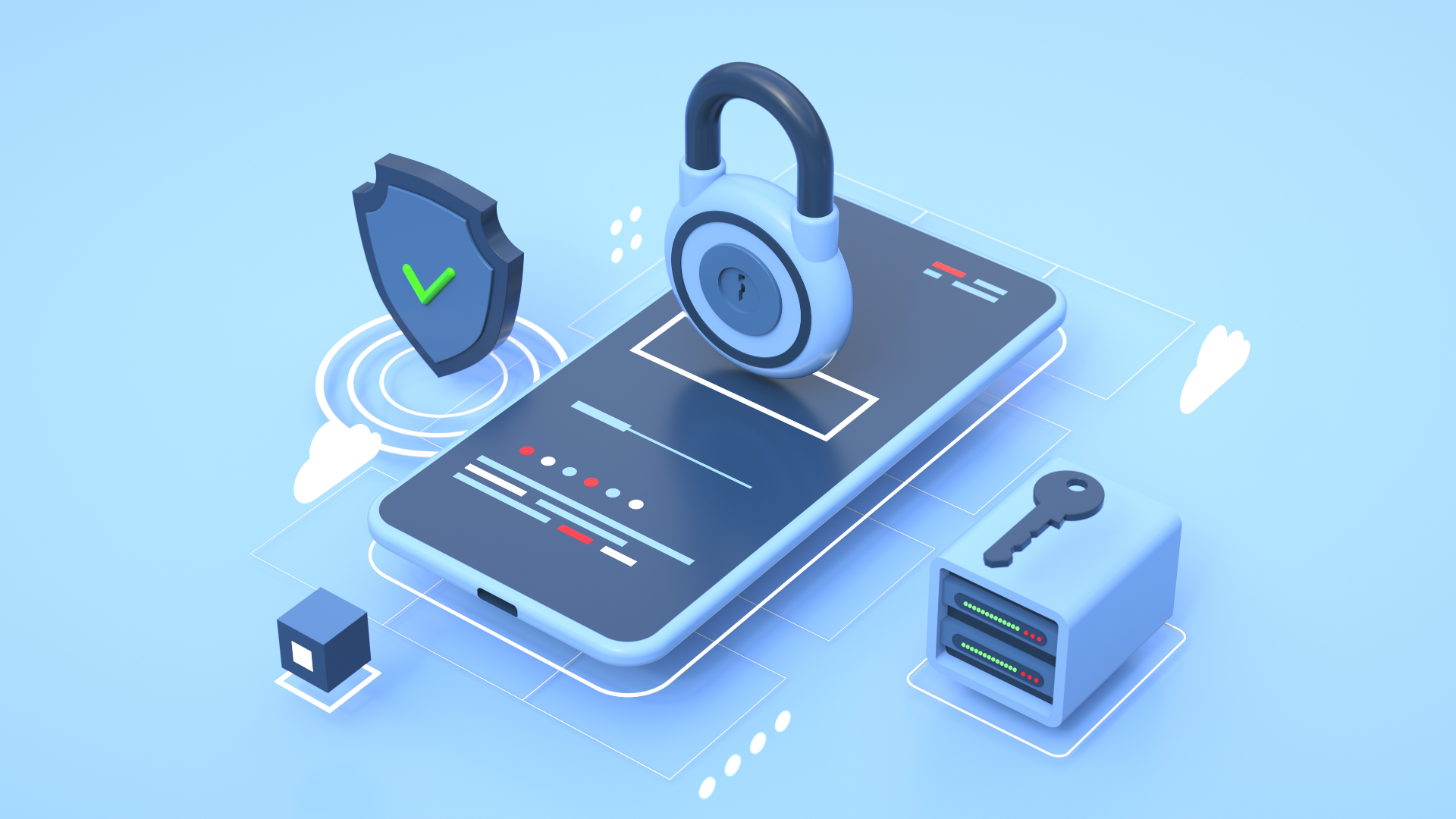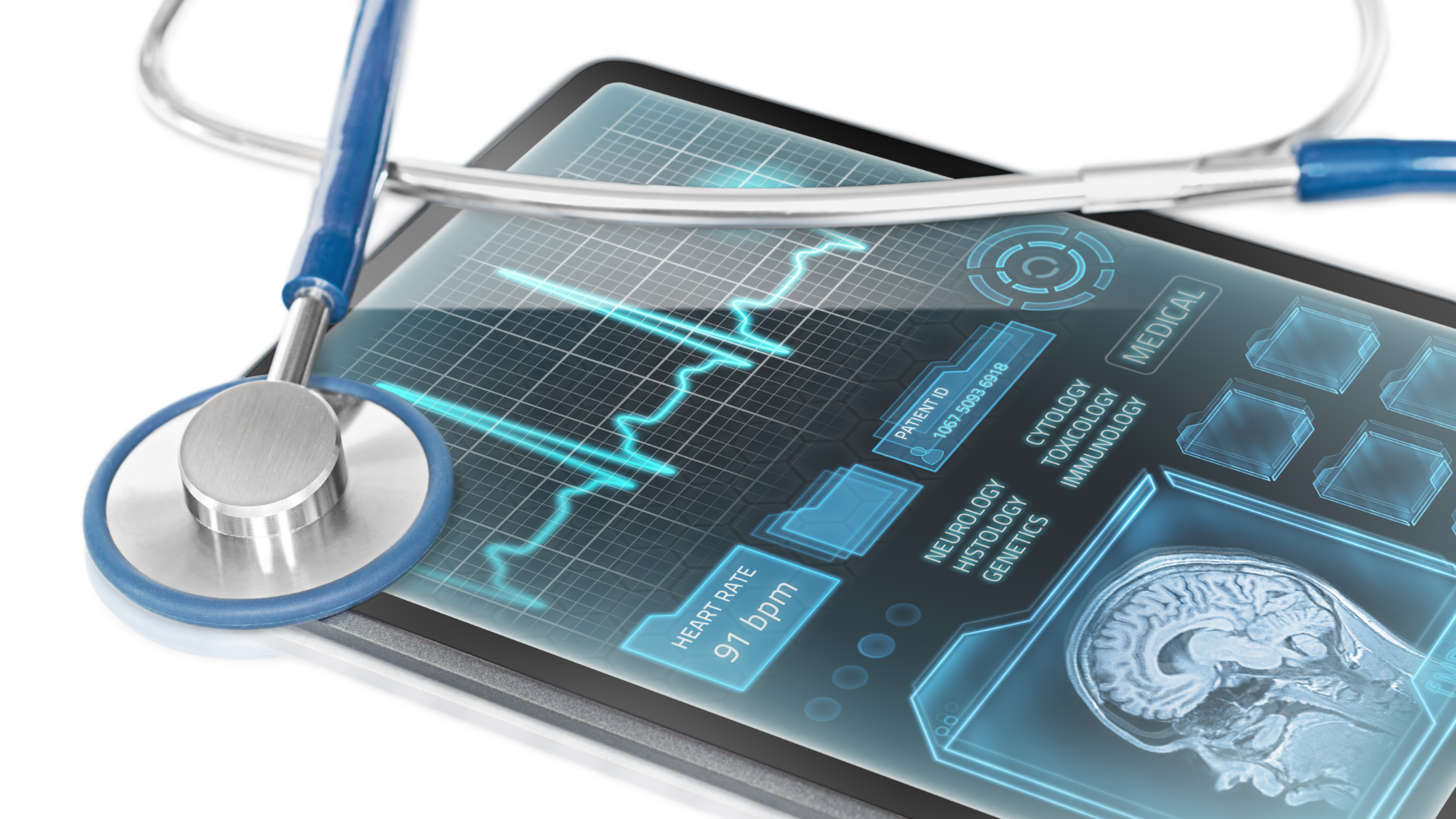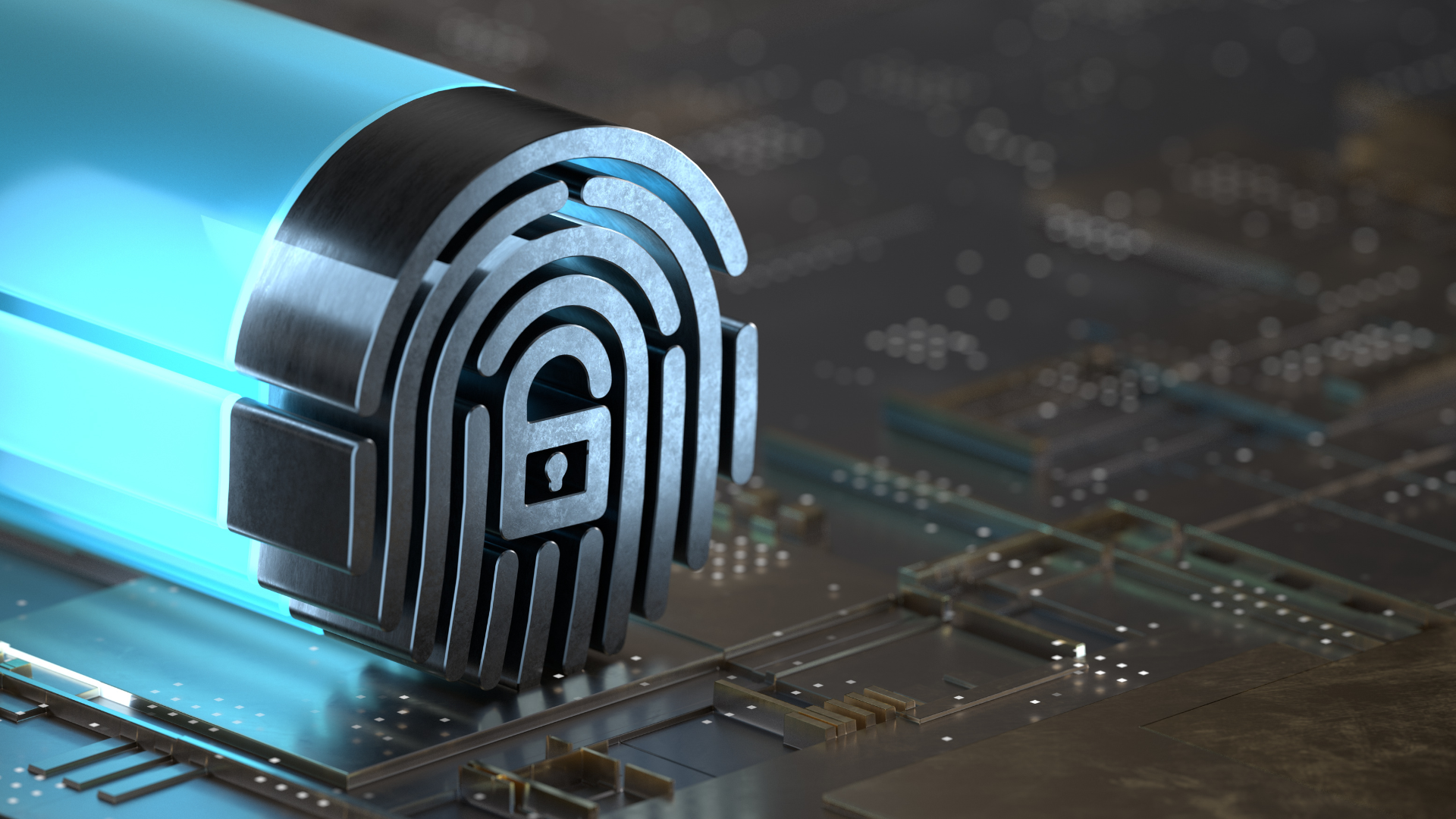HIPAA Compliance and Your Practice: Part 1 of 3
HIPAA Compliance.
That’s a term every healthcare provider should know by heart.
And not because it’s the most interesting topic in the world, but because it has the potential to make or break a healthcare organization.
A HIPAA Seal of Compliance beside your logo could open your doors to more patients and partners, while a single HIPAA violation could keep them shut permanently.
What is HIPAA?
HIPAA stands for the Health Insurance Portability And Accountability Act of 1996. It is a US legislation that was created to modernize the flow of healthcare information, protect the confidentiality of patients’ healthcare, and address limitations on healthcare insurance coverage. It was signed into law in 1996 by then-President Bill Clinton.
The act consists of five titles:
- Title I ensures that the health insurance coverage for workers and their families is protected even when they change or lose their jobs.
- Title II requires that national standards for electronic healthcare transactions and that national identifiers for providers, health insurance plans, and employers are established.
- Title III sets guidelines for pre-tax medical spending accounts, which includes certain deductions for medical insurance as well as other changes to health insurance law.
- Title IV sets conditions for group health plans, particularly regarding the coverage of people with preexisting conditions.
- Title V covers provisions relating to company-owned life insurance.
HIPAA is more than just a law...it’s an entire set of legislation with the overall goal of
preventing and controlling healthcare fraud and abuse within the healthcare system.
| Know the basics of HIPAA compliance: HIPAA Compliance and Your Practice: Part 2 of 3
With the technical details and jargon peppered all over the law, knowing where and how to start learning it can be confusing. So it may be a good idea to start with the question:
What’s the big deal about HIPAA compliance?
Why is HIPAA compliance so important?
To Patients
HIPAA is important to patients because it ensures that their sensitive personal and health information is protected by the entities who have legal access to them. These entities— healthcare providers, health plans, healthcare clearinghouses, and business associates of HIPAA-covered entities—are required by law to implement multiple safeguards to secure patient data.
As stated in
HIPAA Journal, HIPAA helps to ensure that any information disclosed to healthcare providers and health plans, or information that is created, transmitted, or stored by them, is subject to strict security controls.
HIPAA also gives patients control over whom their information is released to and shared with. It allows patients to take a more active role in their healthcare.
To Practices
HIPAA is important to practices because it has played a huge role in digitizing healthcare records and patient information. It introduced important benefits that continue to aid with the healthcare industry’s shift from paper medical records to electronic ones.
According to HIPAA Journal, HIPAA has helped to streamline administrative healthcare functions, improve efficiency in the healthcare industry, and ensure protected health information is shared securely.
Since all HIPAA-covered entities are to use the same code sets and nationally recognized identifiers, the transfer of electronic health information between healthcare providers, health plans, and other entities are is made smoother and more secure.
Being HIPAA compliant matters
Being a HIPAA-compliant organization means you have your patient’s welfare and safety in mind. It means your practice has invested time, effort, and resources in ensuring that every single piece of patient information you hold is secure and protected.
This matters a lot.
In the past years, healthcare data has been an
increasingly attractive target for cybercrime. In fact, a total of 41,335,889 healthcare records were reported to have been breached in the year 2019 alone.
When it comes to handling and protecting sensitive data, your patients need to be able to trust you to do your part.
Partner up!
If you want to build your reputation as a trusted healthcare provider, you need to move your practice toward growth and expansion. This means ensuring your organization is HIPAA compliant and keeping your precious patient data as far away from danger as possible.
Unfortunately, you may not have the expertise, experience, or equipment to get HIPAA compliance done properly and effectively.
But we do. And we would love to be your partner in getting that HIPAA Seal of Compliance for your practice.
Search Articles
Healthcare & Tech Articles

ER Tech Pros is a managed service provider (MSP) that specializes in catering to the IT needs of businesses across the globe. We have offices in Sacramento and the Greater Fresno area.
We use our cutting-edge technology, extensive experience, and global team of technology experts to ensure your IT network is in its most secure and optimal state.
We focus on your IT so you can focus on growing your company.
8795 Folsom Blvd, Ste 205
Sacramento, CA 95826
1501 Howard Rd, Ste 2
Madera, CA 93637
(855) ER-TECH-1 / (855) 378-3241
info@ertech.io
Resources
Search this Site
ERTech Pros | All Rights Reserved.












